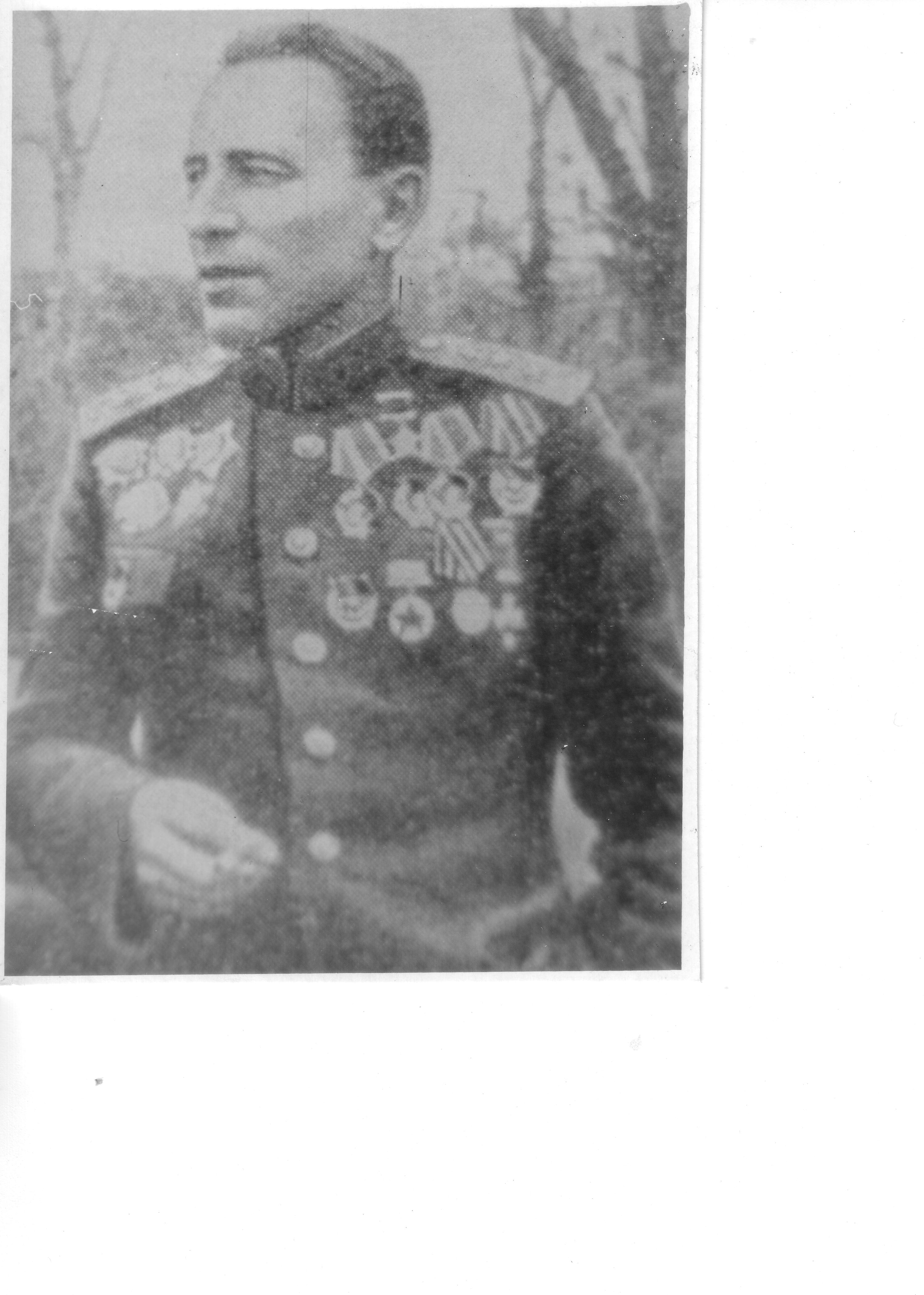 Article in The National Interest by Michael Peck on Russia reconstituting the First Guards Tank Army: Next Stop Berlin
Article in The National Interest by Michael Peck on Russia reconstituting the First Guards Tank Army: Next Stop Berlin
This appears to be in response to us sending a brigade to Europe: U.S. Brigade
We send a brigade…they raise a tank army.
Anyhow, the First Tank Army (later First Guards) commanded by Mikhail E. Katukov plays a prominent role in my book on Kursk. In July 1943 it consisted of the III Mechanized Corps (Krivoshein), VI Tank Corps (Getman…love that name) and XXXI Tank Corps (Cherniyenko). It was better handled that many of the other armored units at the Battle of Kursk.
On page 447 on the book I do have a story of a phone call on the morning of July 6 1943 between Stalin and Katukov drawn from “unpublished memoirs” provided to me by the late Col. Sverdlov. This may be the only published reference to that phone exchange. It stated:
Vatutin ordered that the First Tank Army, II and V Guards Tank Corps should counterattack Tomarovka. I was against this decision. Why would we move our dug-in tanks two kilometers forward exposing them to the 88mm guns that can destroy our T-34s? Our 76.2mm guns could not reach the German tanks even at the 1.5 kilometer distance! Luckily for me, I received a phone call from Stalin in the morning of 6 July. I told him that it would make more sense to fight German tanks from prepared positions. “Okay,” Stalin said, “You won’t counterattack. Vatutin will call you and tell you that.”
From the bio of Katukov (1900-1976) in my book (whose picture is at top of this post) is a story from Col. Sverdlov:
In 1990, the newspaper “The Red Star” asked me [Col. Sverdlov] to write an “unusual” article about Katukov (to commemorate his 90th birthday). I went to the apartment where he lived—an ordinary nine-story building on the Leningrad parkway by the “Sokol” metro [station] where many marshals and army generals used to live back in the days. His wife Ekaterina received me very kindly. She showed me right away all four spacious rooms of the apartment, which she transformed into a museum: pictures, photographs, Katukov’s things. “Our dacha (summer house) is also a museum now, except that it is only visited by combat friends, but that is very rarely,” she said. And then she dazed me with a phrase coming literally from an unknown person, “He did not have children either with his first wife or with me. He couldn’t. He followed treatments before, during and after the war, but with no results. I was, so that you understand, the “field and campaign wife” from as early as 1941 and loved him a lot. He divorced his first wife right after the war and we got married in 1946.” All of this was said in a burst.
The museum was marvelous, and apparently it was very expensive to set up. It revealed immediately that the woman Katukov spent all the war years with, loved him so dearly that it would make any real man jealous. “I even put a memorial granite plaque on the house at my expense; can one really wait for the government?” Ekaterina added.
It’s true that she said all that was already long ago and well known on Katukov’s combat journey. And there was not one single unrespectful word! When we parted, she gave me Katukov’s memoir “At the Edge of the Main Strike,” written by V. Titov based on archival documents and Katukov’s stories. The book had the inscription, “To F. Sverdlov—in hallowed memory of Mikhail Katukov,” and all this after 14 years after his death! That’s what you mean by the real love of a woman! I will take the liberty to suppose say that she inspired him in the war as well. Perhaps Freud was right?!
For the newspaper article, I only described the museum. I earned some praise and double royalties for the article.

Interesting story.
I’ve read I-ya gvardeskaya tankovskaya brigada the 4th tank brigades memoirs around Mcensk. His words were more trustworthy than the other officers reports (Lelushenko).